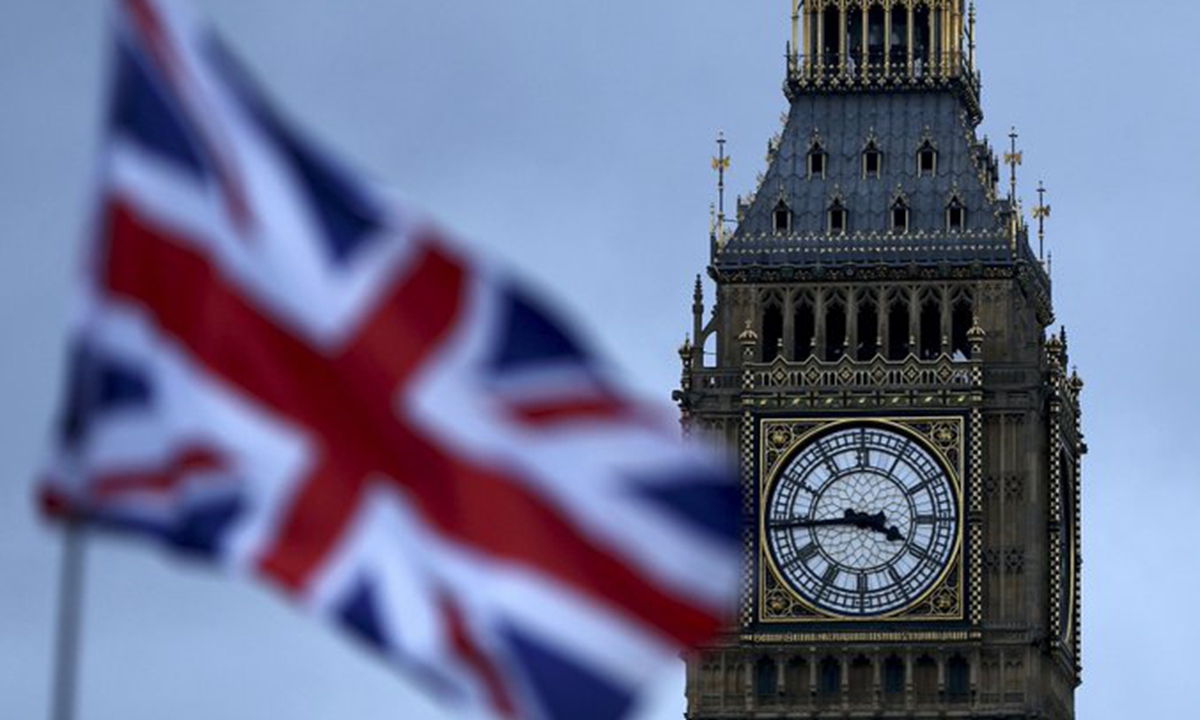UK’s post-Brexit trade network shouldn’t leave China out
Source: Global Times Published: 2020/10/22 20:57:52

File photo
With the clock ticking on the Brexit transition period, Britain's efforts to diversify trade beyond the EU have finally appeared to pay off.UK International Trade Secretary Liz Truss is expected to formally sign the UK-Japan Comprehensive Economic Partnership Agreement with the Japanese counterpart during her visit to Japan on Friday, according to media reports.
According to a press release from the UK government, UK businesses will benefit from tariff-free trade on 99 percent of exports to Japan under the agreement, which will increase UK trade with Japan by an estimated 15.2 billion pounds ($19.9 billion). The deal with its 11th largest trading partner is certainly good news for the UK, especially at a time when the British economy is currently at a very sensitive and fragile moment. The UK economy recorded its worst quarterly fall on record in the second quarter of this year due to the coronavirus pandemic, and it remains unclear whether the country could reach a new trade deal with the EU before its transitional UK-EU trade agreement expires.
While the trade pact with Japan may be the starting point for the UK to reduce its dependence on trade with the EU by strengthening economic ties with the Asian industrial chain, it should be noted that since the China-centered Asian industrial chain involves many Asian countries, it may not be so easy as some think for the UK-Japan trade agreement to help Britain integrate into the Asian industrial chain.
Over the past months, Britain has been prioritizing free trade deals with major economies as the focus of its foreign trade policy. There were media reports that the UK carried out free trade negotiations with countries like the US, Canada, Australia and New Zealand, of which most are developed ones.
In fact, if Britain wants to set up its own trading network post-Brexit, it may need to build a far more comprehensive friend circle involving more than just developed economies. This is because developed economies are relatively less complementary to each other economically, and sometimes even more likely to have homogeneous competition. In this sense, it is clear that the UK needs to seek and integrate with large developing economic partners and emerging markets, and during the process, China is the one that it must deepen ties with.
Some Western media outlets and politicians once claimed that a free trade agreement with China can be sacrificed in dispute over the Hong Kong issue. But such thinking overlooks the fact that without China, its independent trade network post-Brexit would be incomplete and not in Britain's interest.
Posted in: GT VOICE